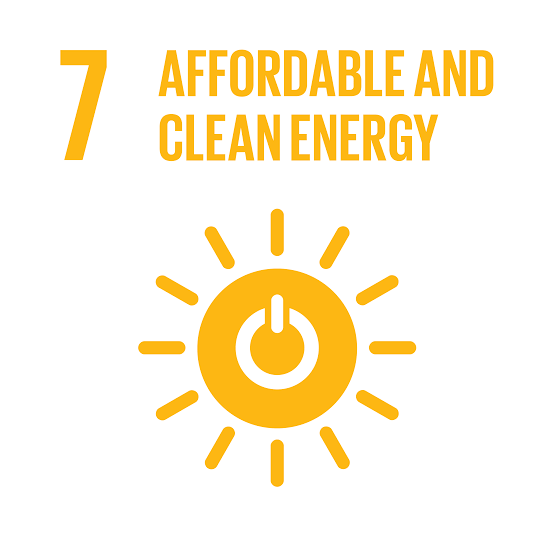ECONOMY
Expert advocates transition of Africa’s energy sources in line with SDG 7

A Sierra Leonean Agricultural Economist, Mr Kandeh Yumkella, has emphasised the need for Africa to transition its energy sources to cleaner alternatives in line with Sustainable Development Goal 7 before 2030.
Yumkella gave the advice at the 22nd edition of Institute of Chartered Secretaries and Administrators of Nigeria (ICSAN) program called “The Conversation”, held virtually on Thursday.
The event had as its theme: “Attaining the SDGs in Nigeria by 2030: The Role of National, Subnational, Private Sector and Community Leaders”.
Yumkella said that the emission reductions needed in this decade came from electricity system.
He called for the adoption of the Inclusive and Just Energy Transition (UNHLS 2021) program which was country specific, including availability of finance.
He added that the program was aimed at providing energy access for the 700 million Africans without electricity and the means of financing the required investments.
“Energy access is about sustaining real lives and people and not just gasses.
“Drivers of Africa’s, inclusive of Nigeria’s energy transition include; demography, growing population and urbanisation, demand for transport, and economic growth.
“Africa’s economy is projected to quadruple by 2040 with Nigeria poised to be among the top 10 economies by 2050, displacing United Kingdom and France.
“Oil demand would grow to about 3.1 million barrels daily and car fleet demand would have doubled.
“But advent of electric cars could reduce oil demand significantly.
“All these developments therefore points to the need for decarbonizing energy to engender the attainment of SDG 7,” he said.
ICSAN President, Mr Taiwo Owokalade, stated that the event’s theme was relevant because SDGs were human-focused.
He said that SDGs were increasingly becoming important with the gradual move towards the targeted 2030.
Owokolade said that the theme was pertinent given the peculiar times which had made the pursuit of these goals even more compelling.
He reiterated the institute’s commitment to expanding the frontiers of knowledge of good governance in both public and private sector via its various advocacies and campaign programmes.
“It is trite that the soaring oil price in the international oil market occasioned by Russian-Ukraine conflict as well as the endemic challenges of the COVID 19 pandemic on the global parlance have gone to exacerbate our own traditional problems like dearth of infrastructure, endemic poverty, soaring inflation and rising criminality in the land, among others.
“These realities have formed the existential fabric against which we must now strategise for actualisation of the SDGs in this clime.
“Thus, we believe Nigeria must harness economic, political and administrative resources to direct the nation’s affairs in such a way as to ensure creation of enabling environment, mechanisms, processes and institutions necessary for the attainment of the SDGs,” he said.




 Davido's Net Worth & Lifestyle
Davido's Net Worth & Lifestyle 
